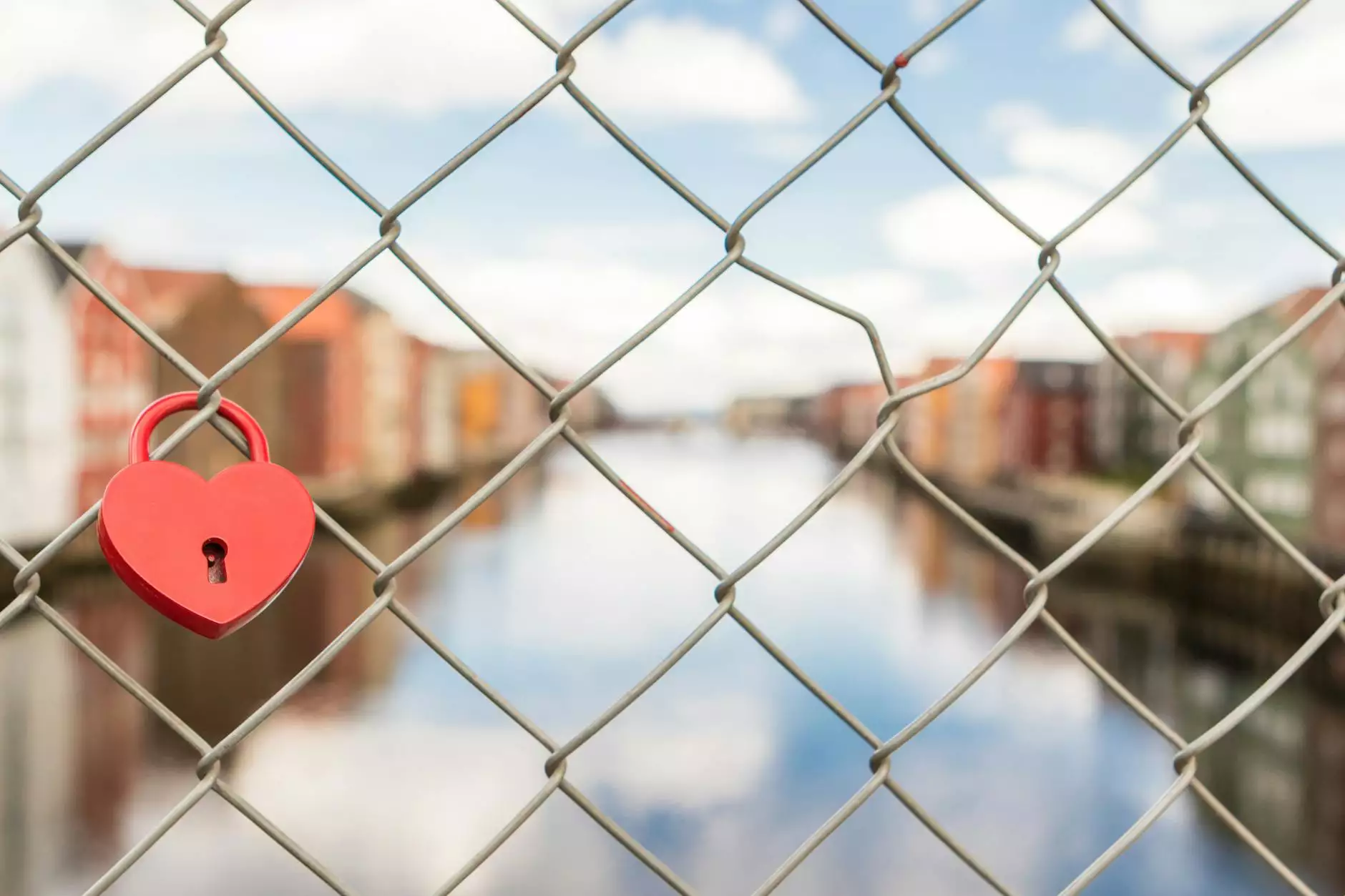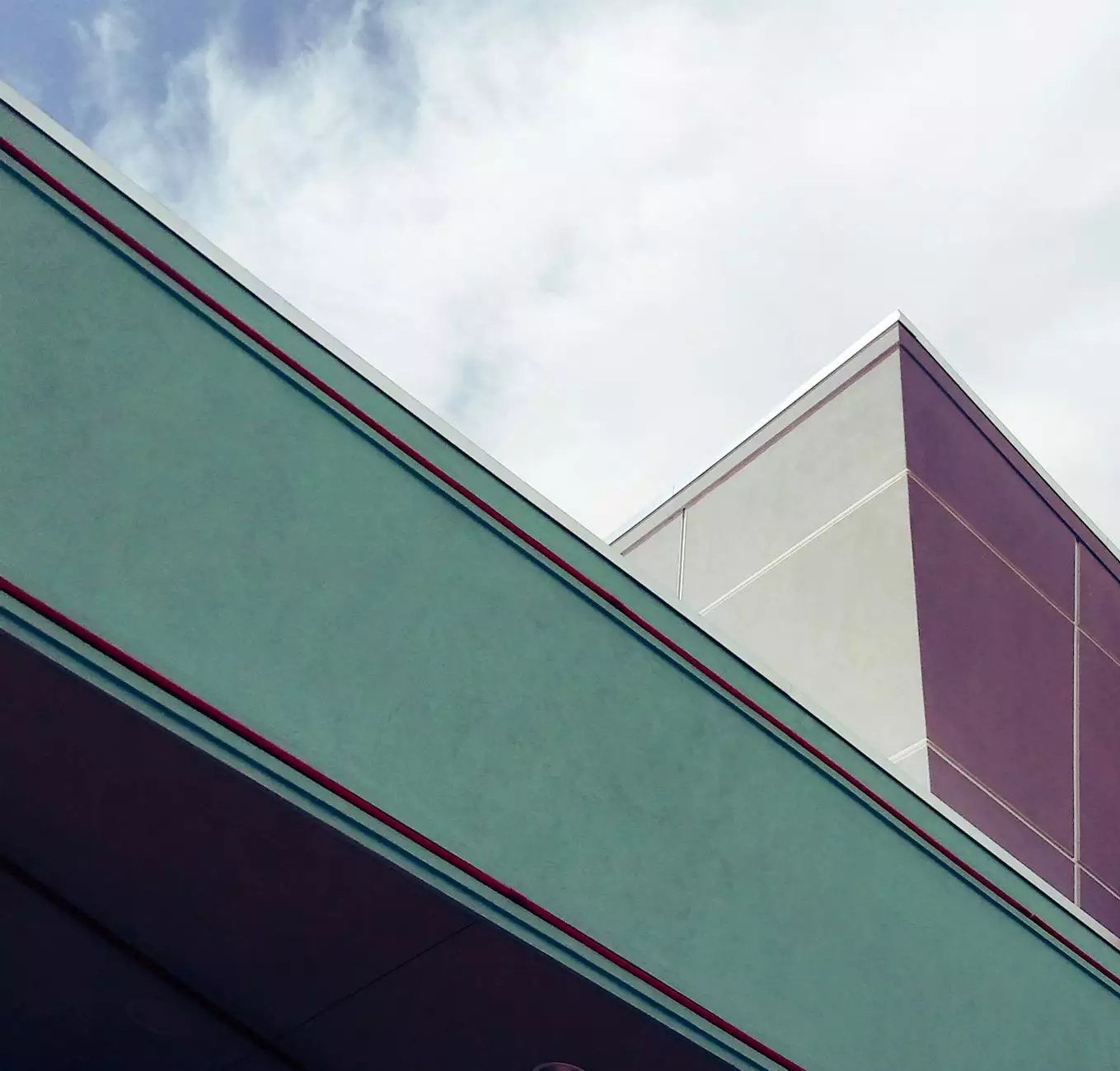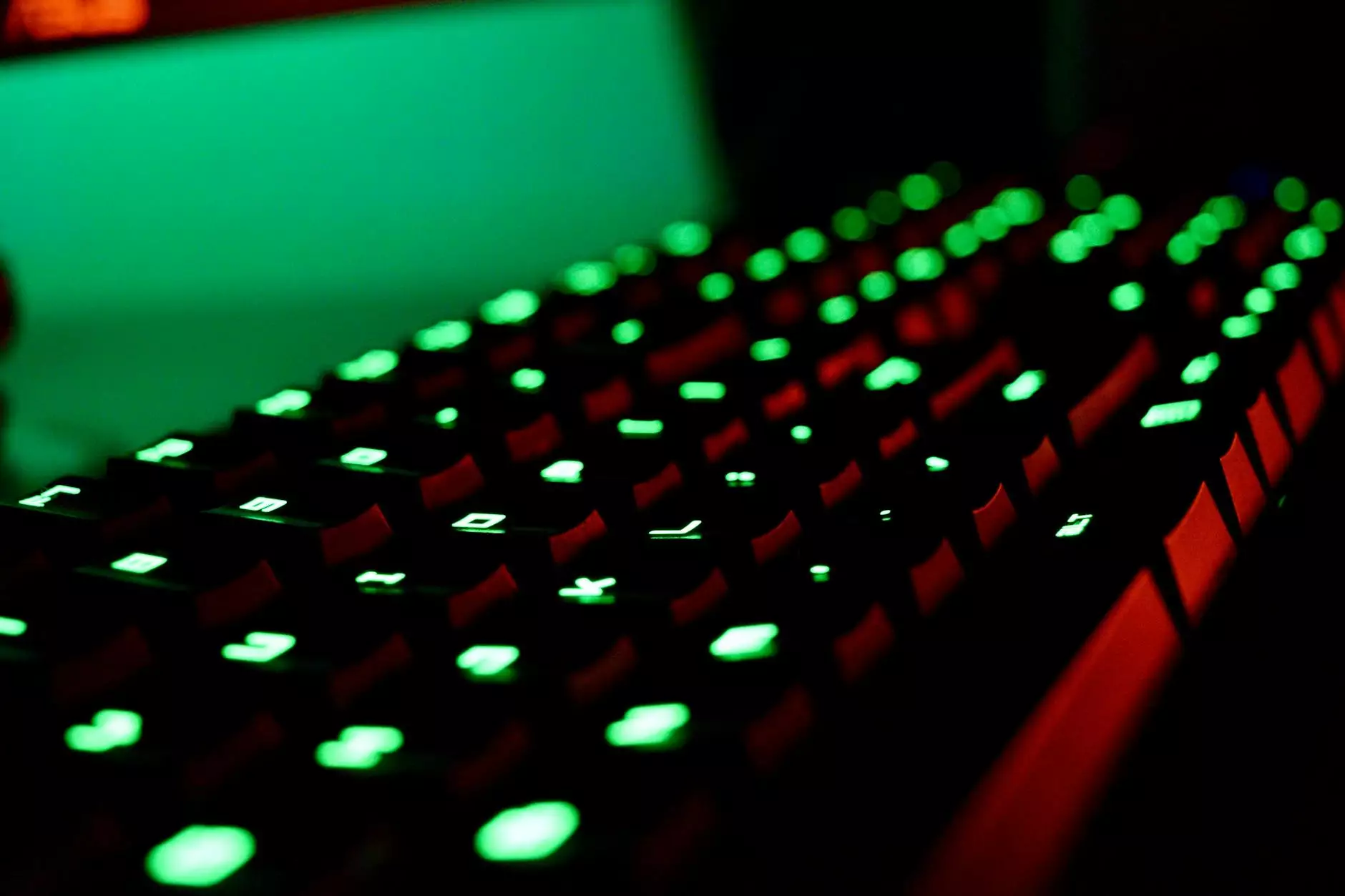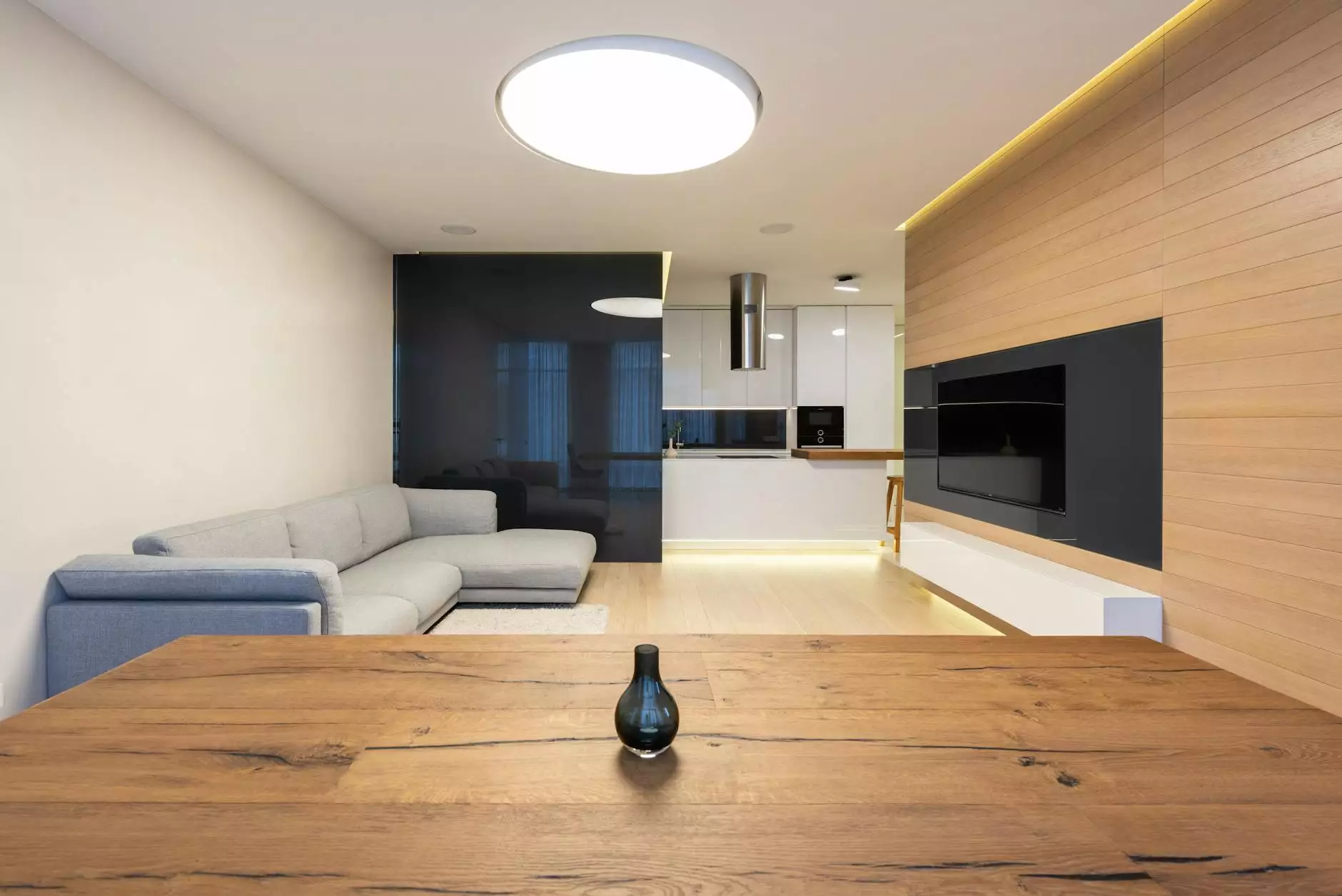Enhancing Business Security with a Professional Security Camera System

In today's fast-paced and rapidly evolving business environment, ensuring the safety and security of your premises is of utmost importance. A professional security camera system is not just an investment; it is a necessity for any business aiming to protect its assets, employees, and clientele. Whether you own a retail store, a corporate office, or an industrial facility, the implementation of a robust security camera system can significantly deter crime and enhance operational efficiency.
Why Invest in a Professional Security Camera System?
The significance of a professional security camera system cannot be overstated, especially in an era where crime rates are fluctuating and security threats are becoming increasingly sophisticated. Here are several compelling reasons why businesses should prioritize the installation of professional security cameras:
- Enhanced Surveillance Capability: Modern security camera systems offer 24/7 monitoring, enabling businesses to keep an eye on their property even during non-working hours.
- Deterrence Against Criminal Activity: The mere presence of cameras can deter potential criminals, reducing the likelihood of theft, vandalism, and other criminal activities.
- Evidence Collection: In the unfortunate event of a crime, having recorded footage can provide vital evidence that can assist in police investigations and insurance claims.
- Improved Employee Productivity: Surveillance can help monitor employee activity, thereby enhancing productivity and ensuring workplace accountability.
- Remote Monitoring: Advanced systems allow business owners to monitor their premises from anywhere, anytime, through mobile applications and web interfaces.
Understanding the Components of a Professional Security Camera System
A professional security camera system typically includes various components that work in unison to offer comprehensive surveillance coverage. Here’s a breakdown of the essential components:
1. Security Cameras
The most critical component of any surveillance system, security cameras come in various forms:
- Dome Cameras: Often used in retail environments, dome cameras are discreet and provide a wide field of view.
- Bullet Cameras: These cameras are best for long-range viewing and are ideal for outdoor settings.
- PTZ Cameras: Pan-Tilt-Zoom cameras allow operators to zoom in on specific areas, enhancing monitoring capabilities.
- IP Cameras: Internet Protocol cameras transmit data over a network, allowing for high-resolution images and easy integration with other systems.
2. Digital Video Recorder (DVR) or Network Video Recorder (NVR)
The DVR or NVR is crucial for recording and storing video footage. While DVRs are typically used with analog cameras, NVRs work with IP camera systems. It is essential to choose a recorder that meets the capacity and resolution requirements of your particular setup.
3. Cables and Connectors
Networking cables, such as coaxial or Ethernet cables, are necessary to connect cameras to the recorder. The type of cable will depend on the type of camera system you install.
4. Monitors and Displays
Monitors are used for live viewing and playback of recorded footage. Depending on the scale of your business, multiple displays may be required.
Choosing the Right Security Camera System for Your Business
Selecting the appropriate professional security camera system involves considering various factors. Here are some key considerations:
1. Assess Your Security Needs
Every business is unique, and so are its security requirements. Conduct a thorough assessment of your property, identifying vulnerable areas and determining where cameras should be placed.
2. Scalability
Choose a system that can grow with your business. A scalable solution will allow you to add more cameras or upgrades as needed without a complete overhaul of your existing system.
3. Budget
While cost should not be the only factor when choosing a security camera system, it is crucial to set a realistic budget. Consider both initial installation costs and ongoing maintenance expenses.
4. Quality of Video Footage
The quality of video footage is paramount in a security camera system. Opt for high-definition cameras that can capture clear images in varying light conditions.
5. Features and Technology
Look for additional features that enhance functionality, such as:
- Night Vision: Enables clear recording in low-light conditions.
- Motion Detection: Alerts you to movement in monitored areas, saving storage space.
- Remote Access: Allows you to view live feeds and recorded footage from mobile devices.
Installation and Maintenance of Professional Security Camera Systems
Proper installation and regular maintenance of your professional security camera system is crucial for achieving optimal performance. Here’s a structured approach to ensure your system is always functioning effectively:
1. Professional Installation
While DIY installation might seem tempting, it is wise to engage a professional installer. Experts ensure that cameras are positioned for maximum coverage and effectiveness, adhering to industry best practices.
2. Regular Checks and Maintenance
Establish a maintenance schedule to keep your cameras in top condition. This includes checking for dirt, ensuring lenses are clean, and verifying that all cameras are operational.
3. Software Updates
Keep the software for your DVR or NVR updated to benefit from the latest features and security patches, which can protect against cyber threats.
Legal and Ethical Considerations in Surveillance
Before implementing a professional security camera system, it is essential to be aware of the legal and ethical guidelines surrounding surveillance:
- Privacy Laws: Familiarize yourself with local privacy laws and regulations to ensure compliance when installing cameras.
- Notification: It may be necessary to inform employees and customers about surveillance on the premises, often done through signage.
- Data Protection: Ensure that recorded footage is stored securely and managed according to applicable data protection laws.
Conclusion: The Importance of a Professional Security Camera System
In conclusion, a comprehensive professional security camera system is an invaluable asset for businesses of all sizes. It not only acts as a deterrent against criminal activities but also enhances safety, boosts employee productivity, and provides peace of mind. Investing in such a system from a reputable provider like Teleco ensures that you receive a high-quality solution tailored to meet your unique business needs.
As you embark on this critical investment, remember to assess your requirements, choose high-quality equipment, and engage professionals for installation and maintenance. In doing so, you position your business for longevity and success, safeguarded by the vigilant eye of state-of-the-art security technology.
For more information about our professional security camera systems and services, visit Teleco.com today.









